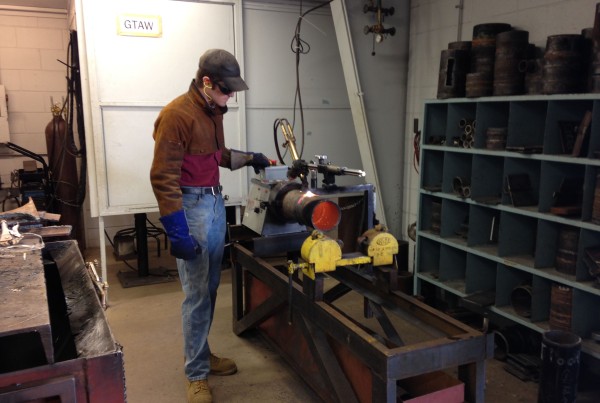Specialty license plates are usually decorated with alma maters, military distinctions, and general interest groups such as hunting or fishing. But what happens when a license plate features an image viewed by many as offensive? One group claims their denial of a license plate displaying the Confederate flag isn’t about hate, it’s about their heritage.
Today the Supreme Court will decide on whether or not to print the Confederate flag speciality license plates in the state of Texas. Dallas Morning News reporter Michael A. Lindenberger speaks to The Texas Standard about the flags prominence throughout history, its ties to racism, and its place in free speech.
In 2009, the Sons of Confederate Veterans proposed a license plate displaying the Confederate flag. A few years later in 2011, the Texas Department of Motor Vehicles unanimously voted down the proposal- 8 to 0. Some have argued that Texas’ dismissal of the plates violated free speech rights. Civil Rights advocates say that the symbol is tied to a history of racism with links to hate groups.
“The big question here for the justices will be whose speech is represented by that license plate.” Lindenberger says. Texas issues the plates and requires that they be placed on every car; so there’s some grey area on whose speech is at stake.
Currently the Texas Department of Motor Vehicles has a board of nine members, appointed by the governor, that determines whether or not a specialty license plate is offensive. The problem lies in that decision: how does this group decide what’s offensive?
“I think you’d have maybe a harder time arguing that, say, right-to-life offends someone. That’s just something people disagree with.” Lindenberger says. “African-Americans saw [the flag] as sort of a symbol of people who were continuing to oppress them.”
So what is the standard? Lidenberger says that’s the main focus of the groups challenging the decision. “If you’re going to give the state the opportunity to distinguish between acceptable and non-acceptable [sic] license plates, they feel it needs to be a much better process.”











